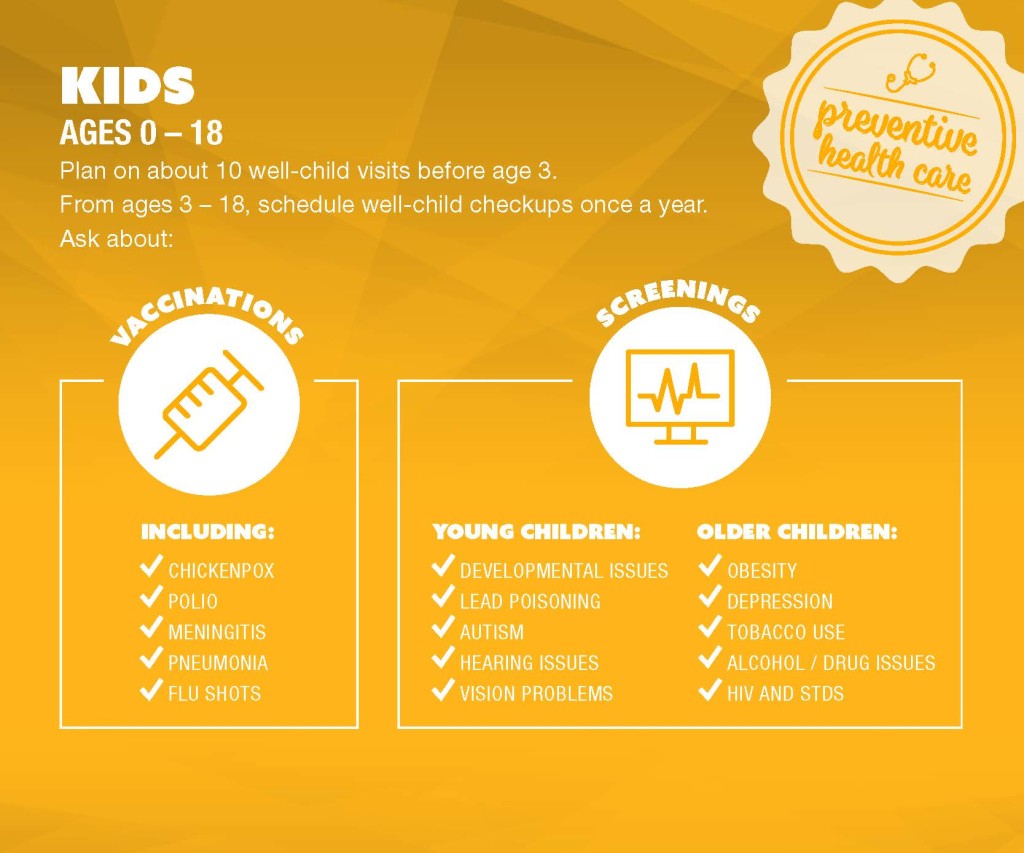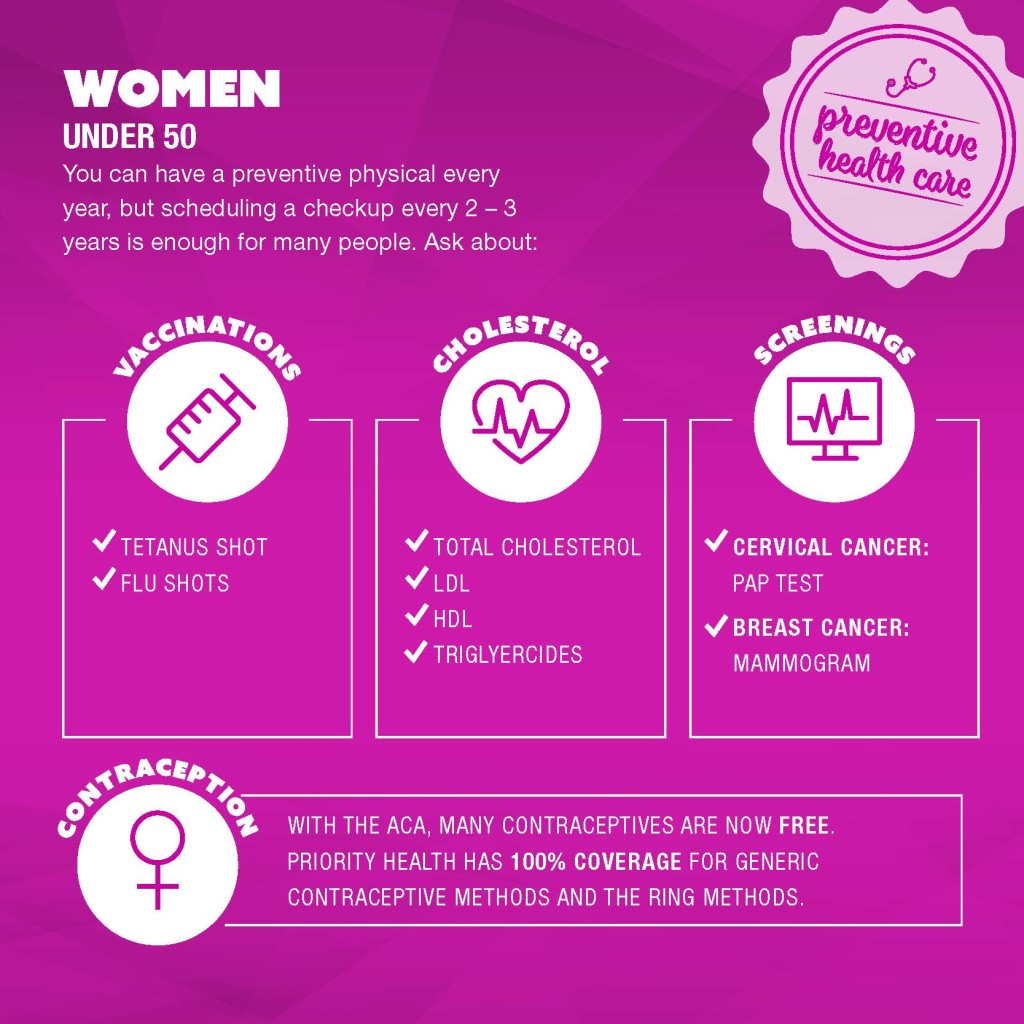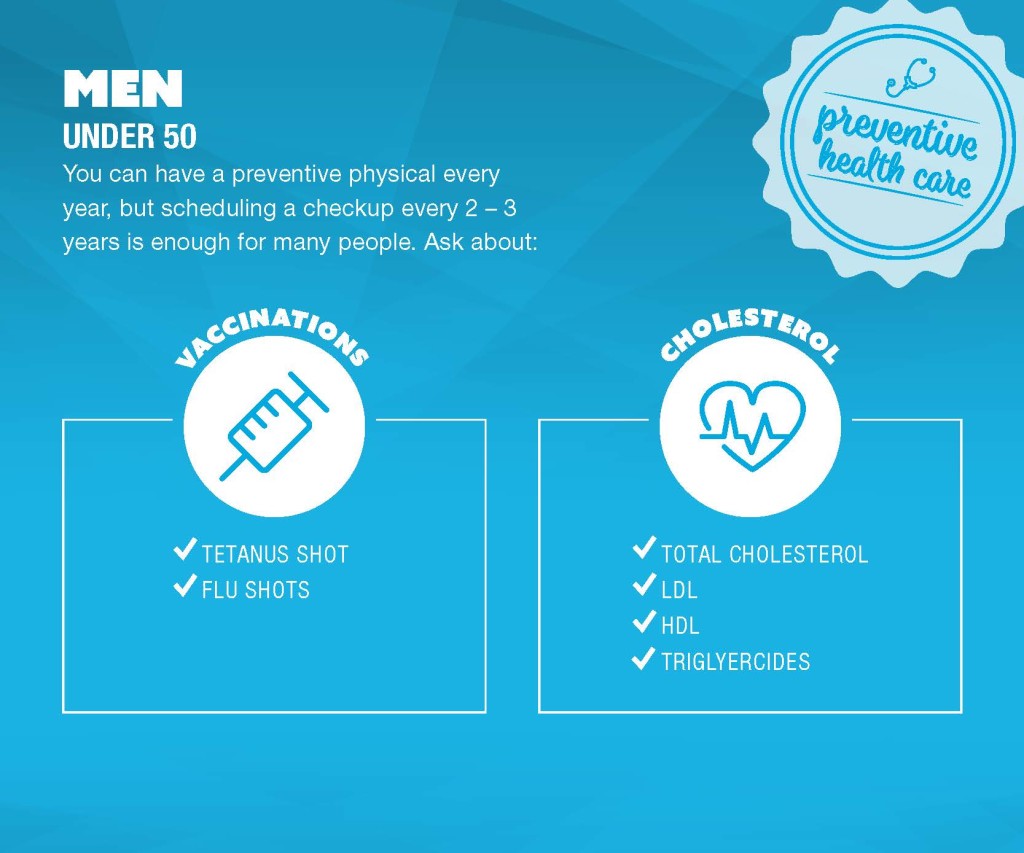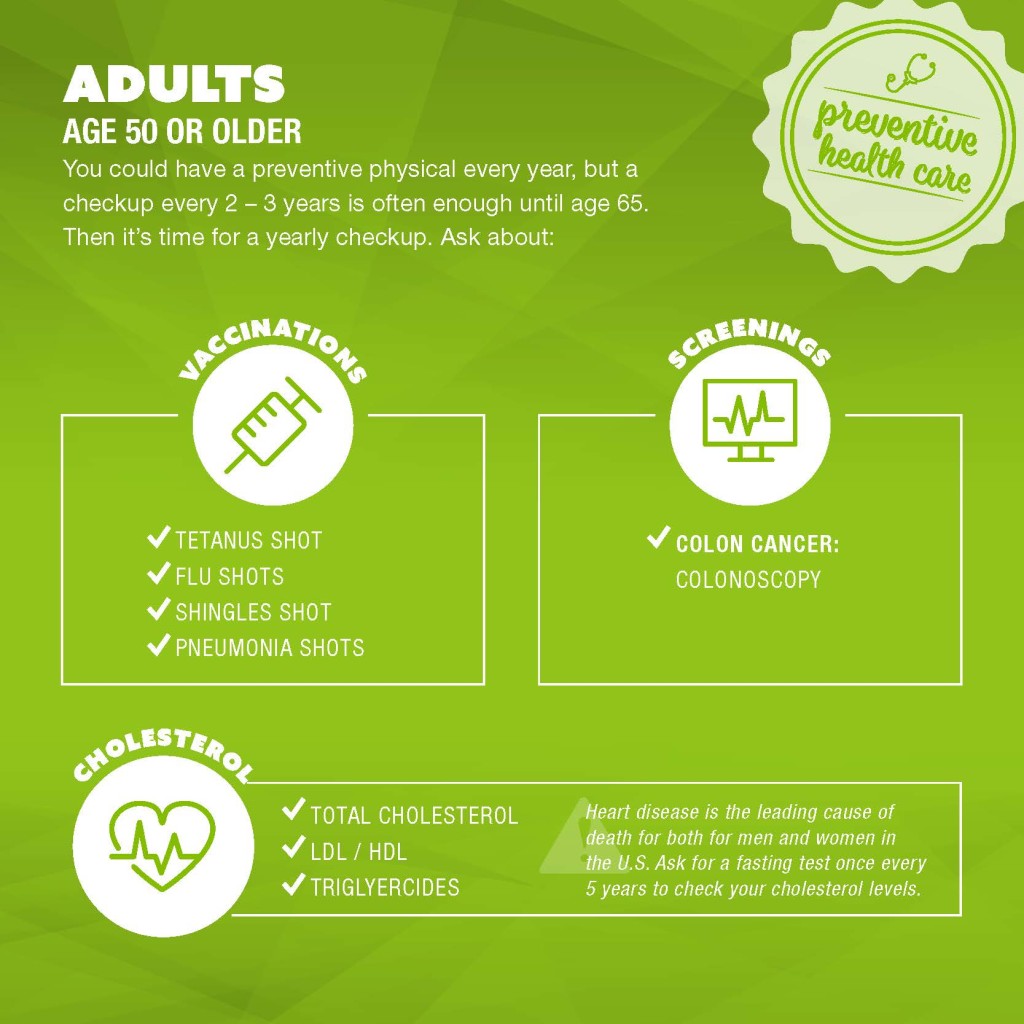When signing up for health insurance, you may not realize there is likely a number of preventive care services your health plan covers at no cost to you, meaning $0 in out-of-pocket costs such as copayment, coinsurance or deductibles.
Using these preventive services can help keep your health care more affordable in the long run.
Preventive care includes specific health services that help you avoid potential health problems, or find them early when they are most treatable. Using these preventive services can help keep your health care more affordable in the long run.
According to the Centers for Disease Control and Prevention, patients who make use of preventive benefits are less likely to need chronic care or experience major medical events.
In order to take advantage of preventative care services, it’s important to visit your doctor regularly. By finding medical problems early, your doctor can help you get the care you need to stay healthy.
Here are some examples of preventive benefits your health plan may cover for free:
- Physical exams: A routine physical examination can help ensure that you stay in good health. It allows you to catch up on vaccinations or detect a serious condition before it causes problems. During a physical, your doctor can also check vitals including weight, heart rate and blood pressure.
- Immunizations/vaccines: Vaccines and immunizations protect you and your children from serious illness and diseases and can ward off long-term complications from symptoms of these diseases. The CDC offers immunizations schedules based on age. Flu shots may be recommended annually as well.

- Prescriptions: Some prescription medications are considered preventive including contraceptives, prenatal vitamins, fluoride supplements for infants, tobacco cessation products and vitamin D supplements. If your plan covers 100 percent of the cost for these prescription categories, be sure to find out if there are any formulary restrictions. Sometimes there are specific brand names or generic options that are free, while other varieties may require you to pay out-of-pocket.
- Well-child visits: Many plans cover well-child visits to ensure children are hitting necessary developmental milestones. Infants and children under 3 require frequent checkups, while children over 3 require annual visits.

- Prenatal visits: To ensure a healthy pregnancy, it’s recommended for women to start their prenatal care as early as possible. These visits are considered preventive as are your annual gynecological visits.
- Preventive tests: Some preventive tests are also covered by your health plan such as cholesterol tests, screenings for colon cancer, diabetes and osteoporosis.
Below is a breakdown of preventive care by age range. Find out which services you and your family should take advantage of for good overall health:




The above examples are the most commonly covered services. For a full list of preventive care services covered by your health plan, contact your insurer directly. You may be required to see an in-network provider in order to qualify. By knowing what preventive benefits are available, you’ll be taking charge of your costs and your health.


